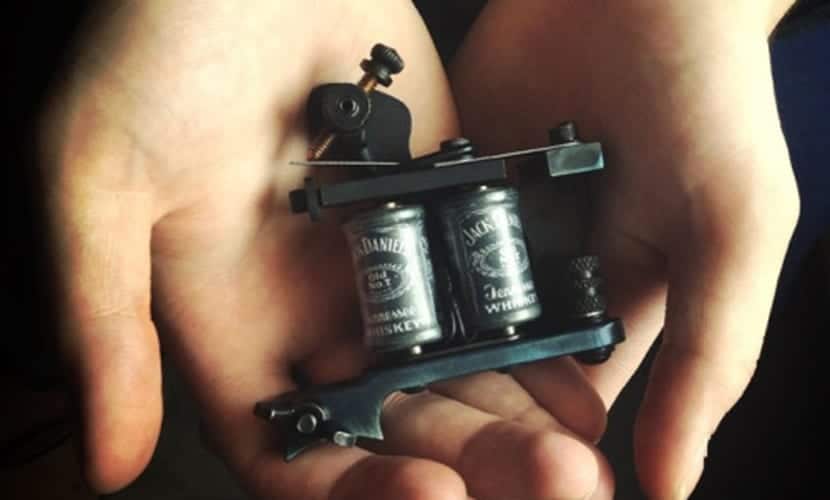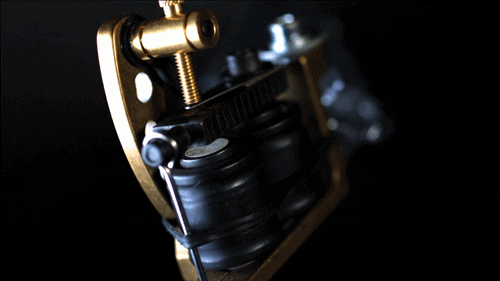
We continue with our particular series of articles in which we want to introduce you to the different types of tattoo machine that currently exist. If in our previous article we talked about the rotary machine, today we want to focus on the coil or coils. His own name already indicates us before the type of tattoo machine that we will find. It receives its name from the elements that compose it.
This type of machine is made up of one or more coils as well as a bar armature.. They make use of electromagnets to function. These tattoo machines They are used in their great majority to delineate, make shading and / or fill. Those used for lining use groups of needles often arranged in a circular pattern in order to draw the ink into the skin more effectively.

However, when coil tattoo machines are used for shading, they usually make use of heavier components and a greater number of groups of more flexible needles than usual. They also tend to have larger coils that give them greater power. Ideal for tattooing larger areas (larger tattoos).
On the other hand, I would like to highlight a myth that exists around this type of tattoo machine. And it is that the coils of the machine can get burned. Is false. One way that a coil can be damaged is if the wire around the core of the coil breaks. This will interrupt the flow of current causing a short circuit and therefore the machine will not work. This basic construction cannot "burn out" and will not be damaged even by heavy work.

Coil tattoo machine operation.
One of the main virtues that these types of tattoo machines have (apart from those mentioned above), is that they can be personalized in different ways and that is why many tattooists end up making their own.